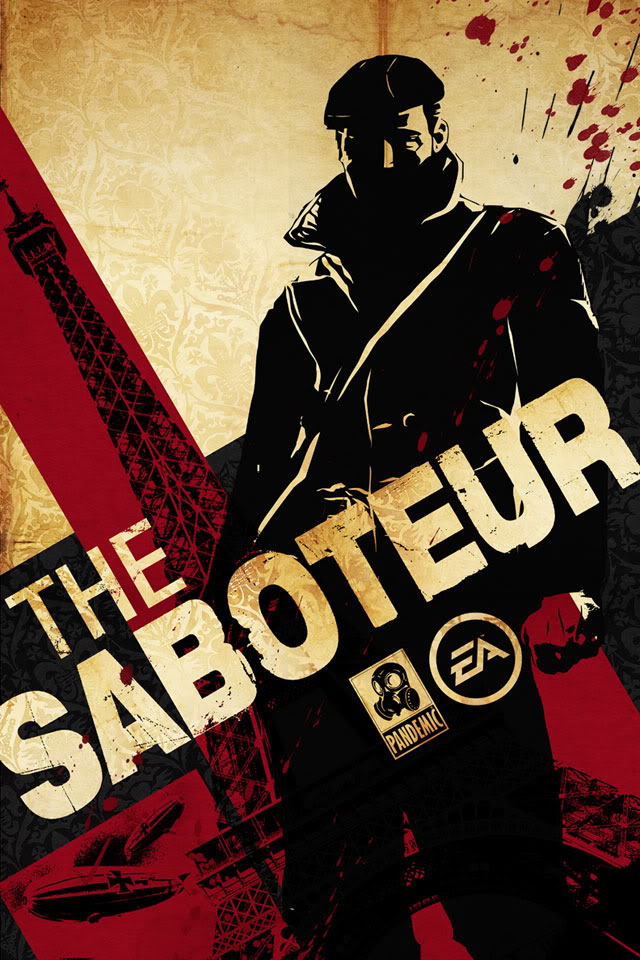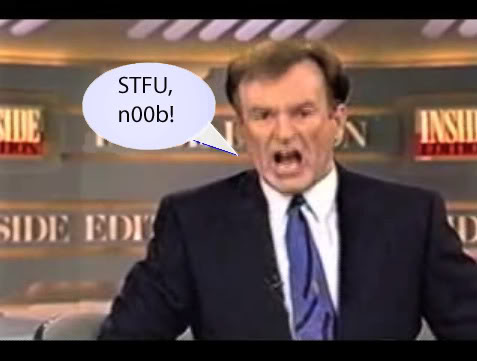This post has not been edited by the GamesBeat staff. Opinions by GamesBeat community writers do not necessarily reflect those of the staff.
 Even though I received The Saboteur as a gift, I immediately had snobby thoughts about it. How good could it possibly be with the middling reviews critics gave it? I put it in my PlayStation 3 fully expecting to give up long before finishing it.
Even though I received The Saboteur as a gift, I immediately had snobby thoughts about it. How good could it possibly be with the middling reviews critics gave it? I put it in my PlayStation 3 fully expecting to give up long before finishing it.
To my surprise, the game slowly grew on me the more I played it, even though I'm not a big fan of open-world games. Most of the time, their endless side missions, fetch quests, backtracking, and overall repetition grate on me quickly and I throw in the towel well before I ever complete them. The Saboteur was much more straight to the point, with very few side missions to distract me from the main story, and I was engrossed enough to actually complete it — something I don't believe I've ever done in an open-world game.
Upon finishing the game, I decided to set out on a mission to figure out why I perceived the game so differently than the media's general indifference to it. Before I read began analyzing other reviews, I penned my own review, and as I wrote, it became more and more positive — I ended up with a five out of five (not perfect, but still "excellent" according to my own review scale). I just couldn't justify anything lower based on the primarily glowing review I had written.
Then I set to work searching for an explanation to the great divide between my opinion and the popular view of the game. With each review I read, I found myself nodding in reluctant agreement. I noticed these gripes as I played, but I mostly discounted them once the game was over. Some of this could be my own experience. The critics widely panned the controls — something I didn't notice at all, but then I missed all of the other open-world games this generation. Still, I think a lot of the disconnect I experienced speaks to the natural divide between professional game reviewers and the general gamer.
 When game journalists review games, they have to take everything into account. They pay special attention to things like controls and graphics, of course, and often take notes of every thought they have while playing. As a result, an issue like a fidgety control scheme doesn't escape their judgement even if the overall story and aesthetic of the game is very strong. Not only that, but game reviewers try to play everything, and it's understandable that having just finished a title that does a particular mechanic will stick out compared to better executed titles.
When game journalists review games, they have to take everything into account. They pay special attention to things like controls and graphics, of course, and often take notes of every thought they have while playing. As a result, an issue like a fidgety control scheme doesn't escape their judgement even if the overall story and aesthetic of the game is very strong. Not only that, but game reviewers try to play everything, and it's understandable that having just finished a title that does a particular mechanic will stick out compared to better executed titles.
The average gamer doesn't have that breadth of experience and doesn't necessarily fault a title for being technically inferior to another recent release. Possibly they are even defensive of the game. Some gamers feel compelled to justify their purchase, but others simply disagree with a negative assessment of a game they liked. If the sum of a title's positive aspects cloud their view of the negatives, they may feel that their game was wronged and rise to its defense. If the sum of the game's positive aspects clouded their view of the negative ones, they feel like the game was wronged and they should defend it.
This entire process got me thinking. First off, I should probably work on getting better at reviewing games, but maybe pro reviewers also need to change, too. Perhaps critics should concentrate more on the overall experience and less on minor gripes…or do gamers just need to stop being so defensive? What do you think?
